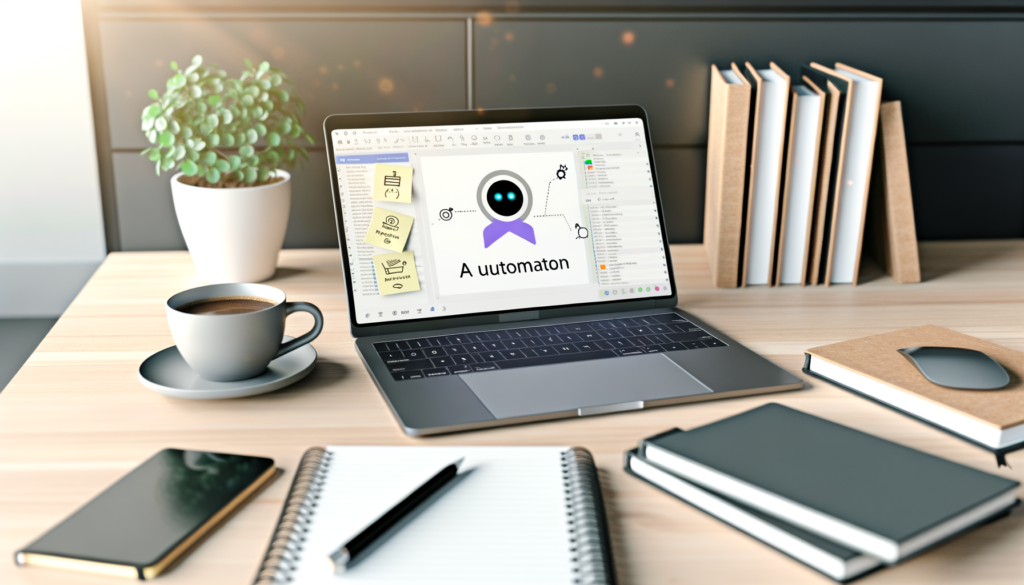Introduction to AI Automation for Project Management
AI automation is transforming the landscape of project management, offering innovative solutions that streamline processes and enhance productivity. By integrating artificial intelligence into project management practices, organizations can leverage advanced technologies to optimize their workflows. The benefits of incorporating AI are manifold. First and foremost, it significantly reduces the time spent on repetitive tasks, allowing project managers to focus on strategic decision-making. Additionally, AI automation enhances accuracy in task execution, minimizing human error and ensuring that projects stay on track.
Moreover, AI tools can analyze vast amounts of data in real-time, providing insights that were previously unattainable. This capability enables teams to make informed decisions quickly, adapting to changes and mitigating risks effectively. With AI, project management becomes more agile, as it can predict potential bottlenecks and suggest proactive measures.
The integration of AI automation into project management not only improves efficiency but also fosters a culture of innovation and adaptability within teams. As organizations continue to embrace these technologies, the potential for enhanced project outcomes becomes increasingly evident.
Key Features of AI Automation for Project Management
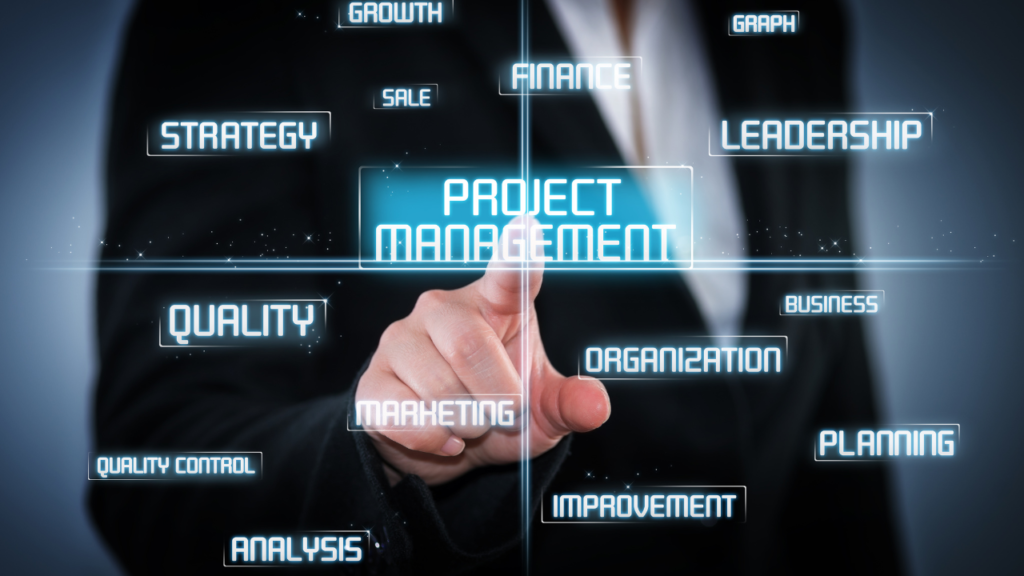
AI automation introduces a suite of powerful features that significantly enhance project management efficiency. One of the most notable capabilities is automated task assignment and tracking. This feature allows project managers to allocate tasks based on team members’ skills and availability, ensuring that workloads are balanced and deadlines are met. Additionally, it provides real-time tracking of task progress, which helps in identifying bottlenecks early on.
Another critical aspect is predictive analytics for risk management. By analyzing historical data and current project parameters, AI can forecast potential risks and suggest mitigation strategies. This proactive approach enables teams to address issues before they escalate, ultimately leading to smoother project execution.
AI-driven resource allocation is also a game changer. It optimizes the use of available resources by analyzing project demands and team capabilities. This ensures that the right resources are deployed at the right time, minimizing waste and maximizing productivity.
Furthermore, automated reporting and dashboards provide stakeholders with real-time insights into project performance. These tools aggregate data from various sources, presenting it in a visually appealing and easily digestible format. This not only saves time but also enhances decision-making by providing a clear overview of project health and progress.
How AI Automation Enhances Project Planning

AI automation significantly transforms project planning by introducing a level of efficiency and precision that traditional methods often lack. One of the most notable advancements is AI-assisted project scheduling, which utilizes algorithms to analyze project requirements and timelines. This technology can automatically generate schedules that account for various factors, such as resource availability and task dependencies, ensuring that projects remain on track from the outset.
Another critical feature is automated dependency tracking. In complex projects, understanding how tasks interrelate is vital. AI systems can monitor these dependencies in real time, alerting project managers to potential bottlenecks before they escalate into significant issues. This proactive approach allows teams to adjust their strategies swiftly, maintaining momentum and minimizing delays.
Furthermore, AI excels in optimizing project timelines. By analyzing historical data and current project metrics, AI tools can suggest adjustments to timelines that enhance productivity. For instance, if a particular task consistently takes longer than anticipated, AI can recommend reallocating resources or adjusting deadlines to better align with actual performance. This data-driven insight not only improves the accuracy of project timelines but also fosters a culture of continuous improvement.
In summary, the integration of AI automation into project planning streamlines processes, enhances accuracy, and empowers teams to make informed decisions. As organizations increasingly adopt these technologies, the potential for improved project outcomes becomes more pronounced, paving the way for a more efficient and effective approach to project management.
The Role of AI in Project Monitoring and Control
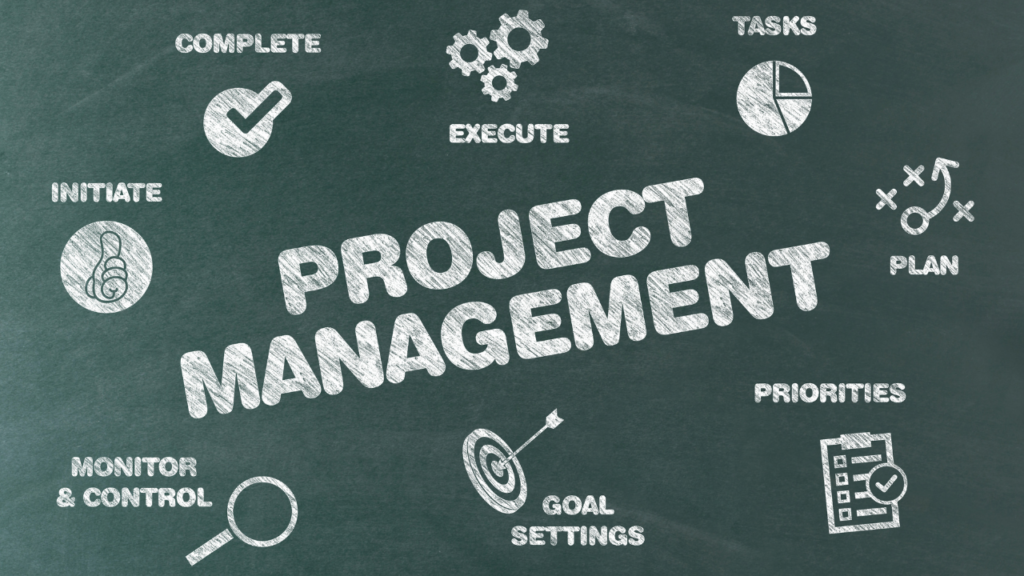
AI technology is transforming the way project monitoring and control are conducted, providing project managers with powerful tools to ensure projects stay on track. With real-time project monitoring, AI tools can analyze vast amounts of data from various sources, offering insights that were previously difficult to obtain. This capability allows teams to identify potential issues before they escalate, ensuring timely interventions. Automated issue detection and resolution systems can flag anomalies in project performance, such as delays or budget overruns, and suggest corrective actions based on historical data and predictive models.
Furthermore, AI enhances the tracking of performance metrics and Key Performance Indicators (KPIs). By continuously monitoring these metrics, AI can provide a comprehensive view of project health, enabling project managers to make informed decisions quickly. This level of oversight not only improves accountability but also fosters a culture of transparency within teams. With AI-driven dashboards, stakeholders can access real-time updates, ensuring everyone is aligned with project goals and progress.
Additionally, AI’s ability to analyze patterns in project data can lead to improved forecasting. By understanding past project performances, AI can help predict future outcomes, allowing teams to adjust their strategies proactively. This predictive capability is invaluable in dynamic environments where project parameters can change rapidly. Overall, the integration of AI in project monitoring and control not only streamlines processes but also enhances the overall effectiveness of project management, paving the way for more successful project outcomes.
AI-Powered Collaboration and Communication Tools

In the realm of project management, effective communication and collaboration are paramount. AI-powered tools are transforming how teams interact and share information, streamlining workflows and enhancing productivity. One of the most significant advancements is the implementation of automated communication workflows. These systems can manage notifications, reminders, and updates, ensuring that team members are always informed about project developments without the need for constant manual input.
Moreover, AI-driven team collaboration platforms facilitate seamless interaction among team members, regardless of their geographical locations. These platforms often feature integrated chat functions, video conferencing, and document sharing, all enhanced by AI algorithms that suggest optimal times for meetings based on participants’ availability. This not only saves time but also fosters a more cohesive team environment.
Another notable feature is the use of personalized notifications and updates. AI systems can analyze individual team members’ roles and preferences, delivering tailored information that is relevant to their specific tasks and responsibilities. This targeted approach minimizes information overload and ensures that each team member receives the most pertinent updates, enhancing focus and efficiency.
Furthermore, AI tools can analyze communication patterns within teams, identifying potential bottlenecks or misunderstandings. By providing insights into these dynamics, project managers can proactively address issues before they escalate, leading to a more harmonious and productive work environment. The integration of AI in collaboration and communication not only simplifies processes but also empowers teams to work smarter, ultimately driving project success.
Case Studies: Successful Implementation of AI Automation in Project Management
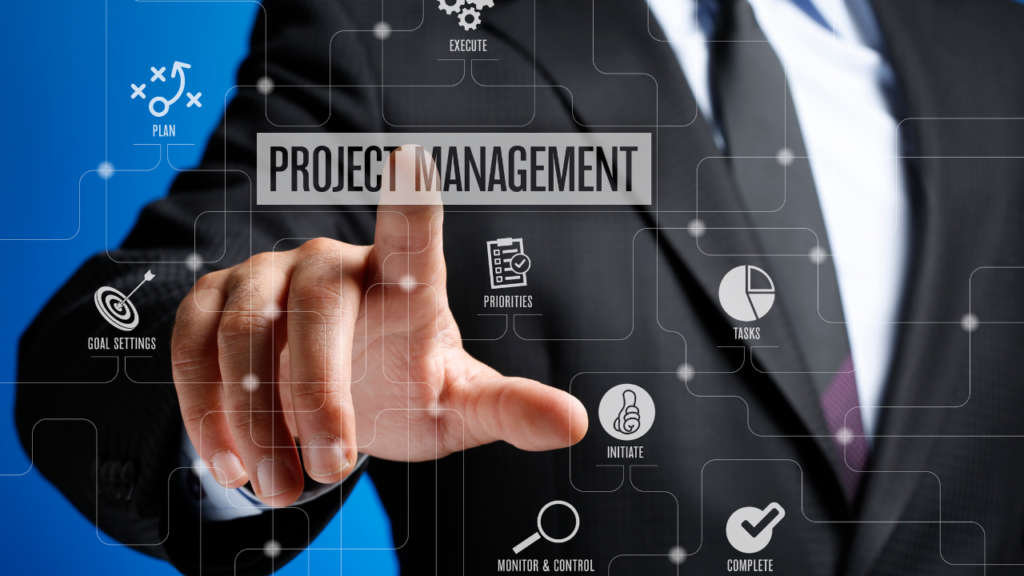
Several companies have successfully integrated AI automation into their project management processes, showcasing the transformative potential of this technology. For instance, IBM utilized AI-driven analytics to enhance its project planning and execution. By implementing predictive analytics, IBM was able to identify potential risks early in the project lifecycle, allowing teams to proactively address issues before they escalated. This approach not only improved project outcomes but also significantly reduced costs associated with delays and rework.
Another notable example is Siemens, which adopted AI automation to streamline its resource allocation and task management. By leveraging AI algorithms, Siemens optimized its workforce deployment, ensuring that the right skills were matched to the right tasks at the right time. This resulted in a marked increase in productivity and a decrease in project completion times.
Furthermore, Accenture has embraced AI-powered collaboration tools to enhance communication among project teams. By automating communication workflows and providing personalized notifications, Accenture improved team collaboration and engagement. This led to faster decision-making processes and a more cohesive project environment.
These case studies illustrate the diverse applications of AI automation in project management. Companies that have embraced this technology not only report improved efficiency but also gain valuable insights that drive better decision-making. The lessons learned from these implementations highlight the importance of a strategic approach to integrating AI, ensuring that organizations can fully leverage its capabilities for enhanced project success.
Future Trends and Challenges in AI Automation for Project Management
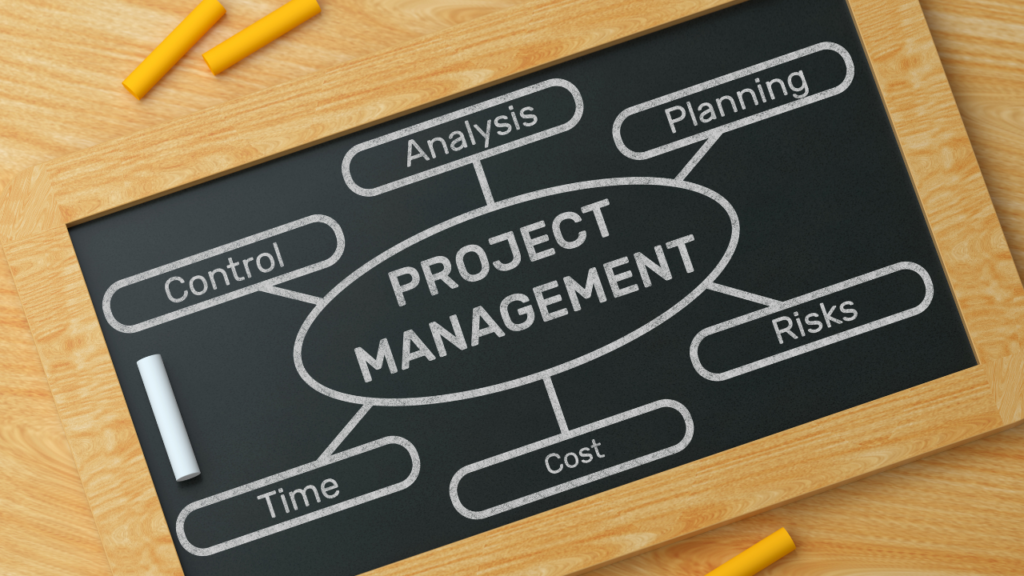
The landscape of AI automation in project management is rapidly evolving, driven by emerging technologies and innovative methodologies. Machine learning and natural language processing are at the forefront, enabling systems to learn from historical data and improve their predictive capabilities. This evolution allows project managers to anticipate challenges before they arise, enhancing decision-making processes. However, with these advancements come significant challenges. Ethical considerations surrounding data privacy and security are paramount. As AI systems increasingly handle sensitive information, organizations must implement robust security measures to protect against breaches and misuse. Additionally, the integration of AI into existing workflows can be met with resistance from team members who may fear job displacement or lack understanding of the technology. To address these concerns, organizations should focus on comprehensive training programs that emphasize the collaborative potential of AI, showcasing how it can augment human capabilities rather than replace them.
- Emerging technologies such as blockchain may also play a role in enhancing transparency and accountability in AI-driven project management.
- As AI tools become more sophisticated, the need for clear regulatory frameworks will grow to ensure ethical usage.
- Future directions may include the development of more intuitive AI interfaces, making it easier for non-technical users to leverage these tools effectively.
Ultimately, the future of AI in project management holds immense potential, but it requires careful navigation of the associated challenges to fully realize its benefits.

